In addition to colour mixture, the change of colour mode as part of the design process of the layered-combination design mode of digital jacquard is of considerable interest. Figure 5.3 shows how any true-colour digital image can either be separated into several achromatic paths to form colourless grey-mode digital images, or be decolourised completely to produce a grey digital image without colour separation. Next, based on the brightness of the grey-scales, a colourless grey image can be designed into a singlelayer fabric structure via structure digitising. After that, a compound structure can be created in appropriate proportions by combining several single-layer fabric structures.
Finally, colourful digital jacquard fabric can be produced by the deployment of coloured warp and weft threads. The structure produced is capable of showing rich mixed colours, with its potential colour number reaching the mega level. In the whole design process of the layered-combination design mode, the colour mode originates from a true-colour effect digital image, to a grey effect digital image, and fi nally to black and white (in both single-layer and compound structure) refl ecting a state of no colour in the eyes, but in the depth of the heart. By then, the compound structure is able to express millions of mixed colours similar to the ‘true colour’ effect of the original digital image.
Moreover, it should be noted that in the course of the layered-combination design mode, the shape and colour of the digital image are separated: the key is the digitised structure. When processing the structure design, only the shape of the digital image is used. The colour effect of the digital image

and the fi nal colour effect of the digital jacquard fabric may either be the same or different, depending solely on the purpose of the design. Both colour simulative design and colour innovative design of digital jacquard fabric share the same colour mixture theory and colour mode changing performance.
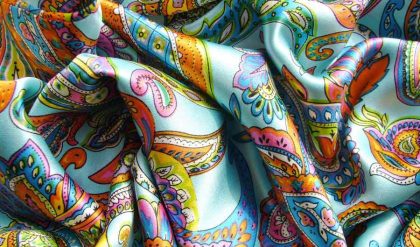
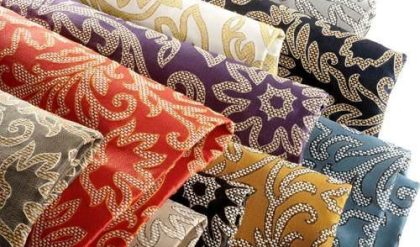

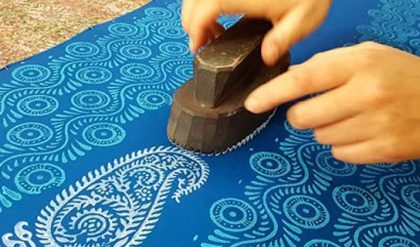
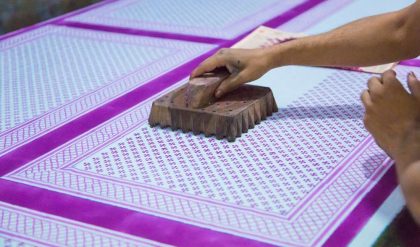
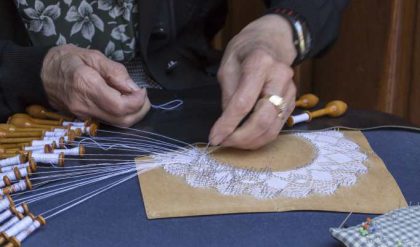
Comments are closed.